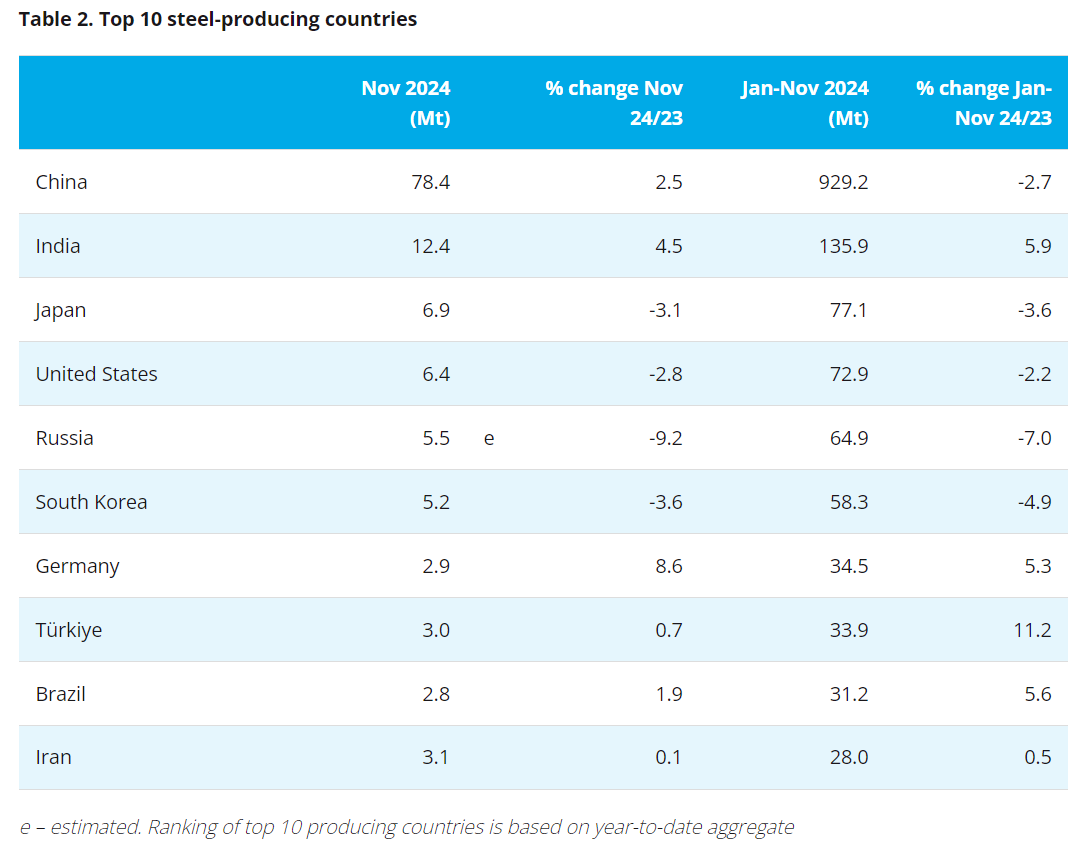[ferro-alloys.com]Innovative electricity company Gravitricity has started work on a project in Scotland to demonstrate a gravity-based energy storage plant that is cheaper than lithium ion batteries, it said Aug. 31.
The Edinburgh-based project aims to showcase a fast response capability based on a weight suspended from a winch in a vertical shaft that can release energy quickly to the grid when demand is high.
"Our demonstrator will use two 25-mt weights suspended by steel cables. In one test we'll drop the weights together to generate full power and verify our speed of response," Gravitricity lead engineer Miles Franklin said.
"We calculate we can go from zero to full power in less than a second -- which can be extremely valuable in the frequency response and back-up power markets," he said in a statement.
The technology works in a similar manner to hydro-electric pumped storage plants which use electricity to pump water uphill when prices are low and release it to generate power when prices are higher.
Work has started by winch specialists Huisman at their specialist factory in the Czech Republic, which is expected to be completed in December, with testing expected at the project in the Edinburgh port of Leith in spring 2021.
The design of the system can include shaft depths of 1,500 meters and carry weights of up to 5,000 mt, the company said. The use of multiple weights can raise the scale of the project to 12,000 mt, it said.
The GBP1-million ($1.31 million) demonstration project will be able to charge and discharge energy multiple times a day with no loss of performance over a 25-year period, it said.
Once the technology is commercialized, it will be cheaper than other fast-response energy storage technologies including lithium batteries, according to the company's estimates.
The gravity-based system has a levelized cost of storage of $171/MWh, compared with $274/MWh for flow batteries, $310/MWh for compressed air tanks, $367/MWh for lithium ion batteries and $532/MWh for sodium sulfur batteries, it said.
A two-month test program will provide data for a full-scale, 4-MW project which will commence in 2021, it said.
Gravitricity has raised over GBP1.5 million for its technology development through a crowdfunding campaign and have also received a grant of GBP640,000 from Innovate UK, the UK government's innovation agency.
The use of disused mineshafts for similar projects means the technology can be rolled out worldwide, and the company is targeting further projects in Europe, South Africa and Australia.
Once the technology has been proven in mineshafts, the company will sink purpose-built shafts wherever there is a need for high-speed, long-life energy storage, for example near towns, factories and renewable energy installations, it said.
(S&P Global Platts)
- [Editor:王可]



 Save
Save Print
Print Daily News
Daily News Research
Research Magazine
Magazine Company Database
Company Database Customized Database
Customized Database Conferences
Conferences Advertisement
Advertisement Trade
Trade














 Online inquiry
Online inquiry Contact
Contact

Tell Us What You Think